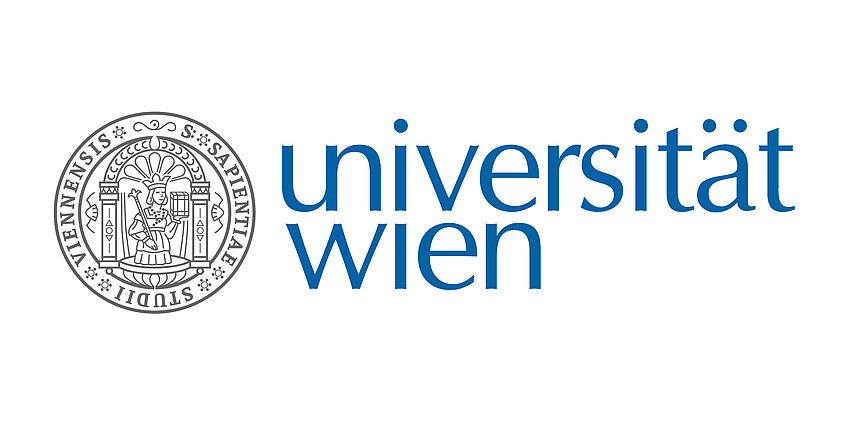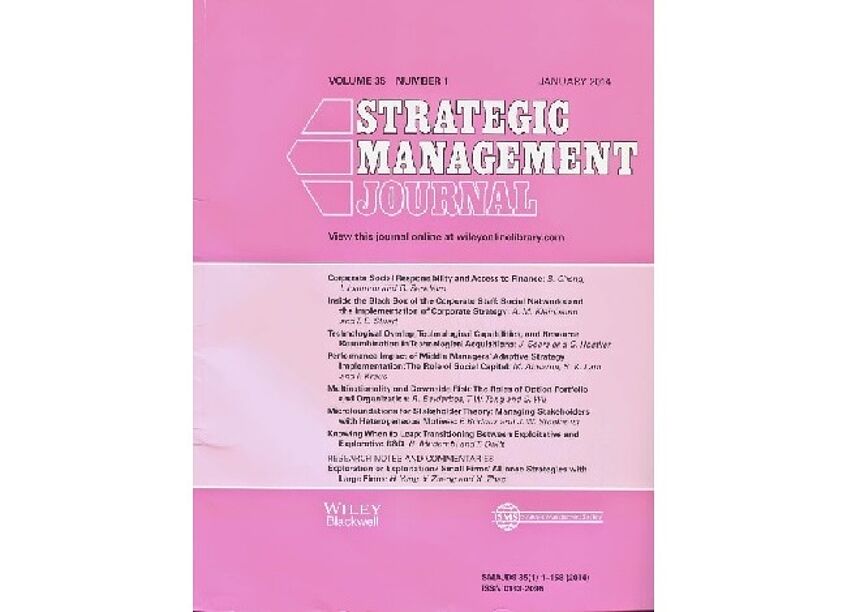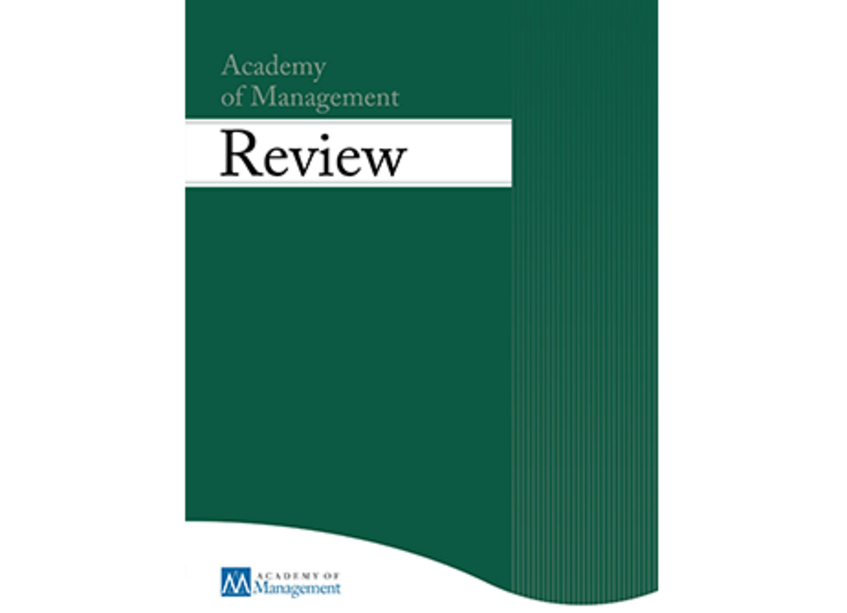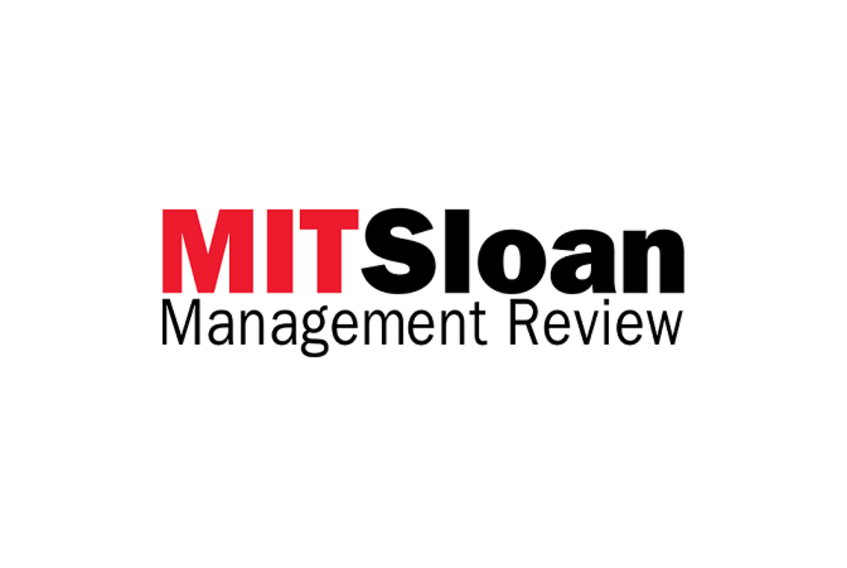Organizational Design
In this part of our research we seek to better understand how (for-profit) organizations can divide labour and integrate co-operative effort in a way that makes them more effective (or competitive in the market space). One subset of papers, notably with Phanish Puranam and Oliver Alexy, addresses the question if and where we truly need more theory to understand organizational effectiveness at all. In another subset of articles we study how accounting for more complex agents’ behavior requires adjustments of basic organizational design predictions. Lastly, we investigate the particular challenges arising with boundary-spanning organizational design for innovation.
Ongoing Research
"The Origins of Organizational Design - Learning from Open Source Software Projects"
How do organizational principles such as specialization and co-ordination emerge? How does authority come about? These fundamental questions are largely unanswered as of today. Jointly with Oliver Alexy and Phanish Puranam we seek to develop a better understanding by examining data pertaining to Open Source Software projects in depth. Two working papers should be available over the next two years.
Working Papers
"Hybrid Business Models for Innovation"

"Hybrid Business Models for Innovation"
This paper, co-authored with Fredrick Hacklin and Georg von Krogh, examines how commercial firms can organize for new product development so as to incentivize and inform extramural innovators in a profit-maximizing way. After identifying the theoretical ‘sorting’ challenges faced by managers of such entities, we empirically test our propositions on an original dataset pertaining to more than four thousand telephone handsets sold in Europe over the last years. A first working paper is available upon request.
Published/Forthcoming Papers

"On the Effects of Authority on Peer Motivation: Learning from Wikipedia"
We investigate the conditions under which authority can be deployed without reducing subordinate motivation. We show that lateral authority, the legitimacy to resolve task‐specific problems, is welcomed by members of an organization in the resolution of coordination conflicts, the more so (1) the fiercer the conflict to be resolved, (2) the higher the competence‐based status of the authority, (3) the lower the tenure of, and (4) the more focused the organizational members are. Analyzing the discussion behavior of members of Wikipedia between 2002 and 2014, we corroborate our allegations empirically by analyzing 642,916 article–discussion pages. Our findings, obtained for a modern collective production community, provide learning opportunities for how traditional organizations may want to govern activities of their idiosyncratically motivated staff.

“Corporate hierarchy and vertical information flow inside the firm. A behavioral view”
Little is known about how corporate hierarchies influence managers’ propensity to pass information upward within the firm. Two streams of literature arrive at seemingly conflicting and untested predictions. Information economists argue that middle managers pass more suggestions up the firm’s line of command as the corporate hierarchy increases in order to avoid corporate omission errors. In contrast, scholars of organizational psychology suggest that hierarchies lead to evaluation apprehension and foster a perceived lack of control among mid-level managers, leading to their reduced willingness to, and interest in, passing information up within the organization. Drawing on field data and model-guided experimental studies, we provide original empirical evidence for the relevance of all the mechanisms above, and we delineate the conditions under which either mechanism prevails.

"What's New About 'New' Forms of Organizing?"
In this paper, co-authored with Phanish Puranam and Oliver Alexy, we assess if new theories of organization are necessary to explain new forms of organizing. We first specify exactly what makes novel forms of organizing new. To that end we propose clear criteria for making such an assessment, and we show how they are useful in assessing if and when new theories of organization may truly be needed. We illustrate our arguments by drawing on instances of well-established forms of organizing, as well as relatively recent ones such as those instantiated by Linux, Wikipedia, InnoCentive and TopCoder. The article will be forthcoming in the Academy of Management Review.

“Knowledge worth having in 'Excess': The Value of Tacit and Firm-specific Human Resource Slack”
Does employing staff in excess of what is needed to attend to daily operations decrease firm performance, as neoclassical economics would suggest? Or is the truth more nuanced? In this article, co-authored with Ramon Lecuona, we theoretically argue and empirically show that keeping excess blue-collar workers on payroll decreases firm performance at all times, whereas employing an excess amount of staff with tacit knowledge helps firm increase performance in those times when competitive pressure mounts up and reorganization is imminent. The article will be forthcoming in the Strategic Management Journal.

“Biases in the Selection Stage of Bottom-Up Strategy Formulation”
This paper, co-authored with Olav Sorenson, examines the mechanisms underlying large corporations' failure to adopt ideas for innovation suggested from within their boundaries. We propose and empirically test that individuals identify with their subunits within the organization and therefore tend to have biased perceptions against ideas that emerge from other parts of the organization. The article is forthcoming in the Strategic Management Journal.

“Is Your Company Choosing the Best Innovation Ideas?"
Generating good ideas from within the ranks of the organization is only the beginning. The more difficult part is creating a selection process for identifying which proposals to implement. This article illustrates what senior managers can do to protect their companies from pursuing unproductive ideas and to improve the odds that they will hear about the really good opportunities. The paper appeared in the Sloan Management Review (2011).
